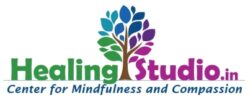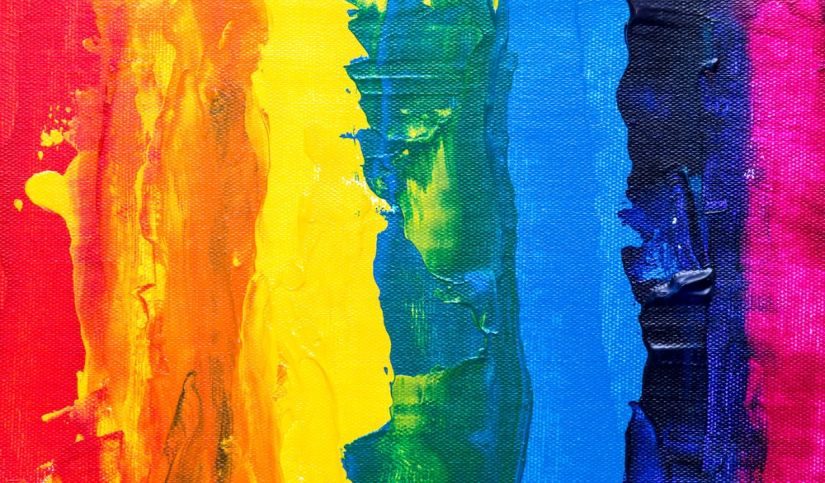Lesbian, gay, bisexual, transgender, queer and questioning, intersex, and asexual individuals (LGBTQIA+) face unique life stressors like difficulties with self-acceptance, coming out, invisibility, discrimination and harassment, relationship issues, and mental health manifestations among many other issues.
Mental health practitioners should be particularly sensitive and take an approach that embraces a positive view of LGBTQ individuals since they face these unique life stressors and issues inherent in living in a heterosexually constructed world. Althought their sexual orientation or gender identity may not be a source of distress but they may find that the social stigma of living as a minority is a source of stress or anxiety.
Sec 377 of the Indian Penal Code that criminalised non-normative sexualities was read down on September 6th 2018. Mental health community has been complicit in upholding oppressive structures of gender binarism and heteronormativity by providing a “cure” for the non-normative.
Recently, I wrote a letter to Indian Association of Clinical Psychologist (IACP) to ban all forms of conversion therapies. Following which many associations along with IACP came out with statements against the practice of ‘conversion therapy’.
Queer affirming means we challenge these structures that pathologise and discriminate against queer persons and we participate in promoting their well-being in a deliberate and affirming manner.
What issues might LGBTQIA+ individuals face?
Coping with discrimination and oppression, coming out to one’s family, and sorting out an “authentic” sense of self in the face of social expectations and pressures can lead to higher levels of depression, anxiety, substance use, and other mental health concerns for LGBTQ individuals.
Research shows that youth who identify as LGBTQ are at an increased risk of suicidal ideation and self-harm, particularly when they also experience discrimination based on their sexual or gender identity. According to a 2007 survey, students who identified as lesbian, gay, bisexual, or transgender were almost ten times as likely to have experienced bullying and victimization at school and more than twice as likely to have considered suicide as their heterosexual, non-transgender classmates within the previous year.
Discrimination may take several forms, including social rejection, verbal and physical bullying, and sexual assault, and repeated episodes will likely lead to chronic stress and diminished mental health. Perceived discrimination—the expectation of discrimination—may also lead to diminished mental health. LGBTQ adults, too, may be subject to similar forms of harassment, as well as discrimination with regards to housing, employment, education, and basic human rights.
I would like to offer my support to you.
How to make an online appointment at Healing Studio:
You will have to fill a small intake form, please go through this page intake page, it contains information about, fees, duration, mode of fee payment etc: http://www.healingstudio.in/therapy-intake/
Call: +91 702 144 0454 or WhatsApp to make an appointment!

